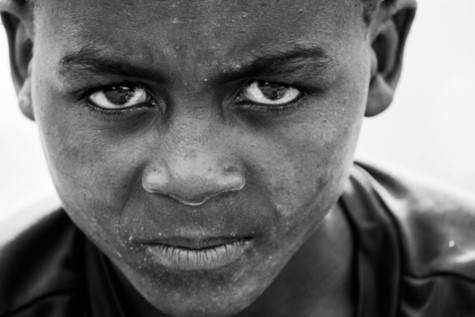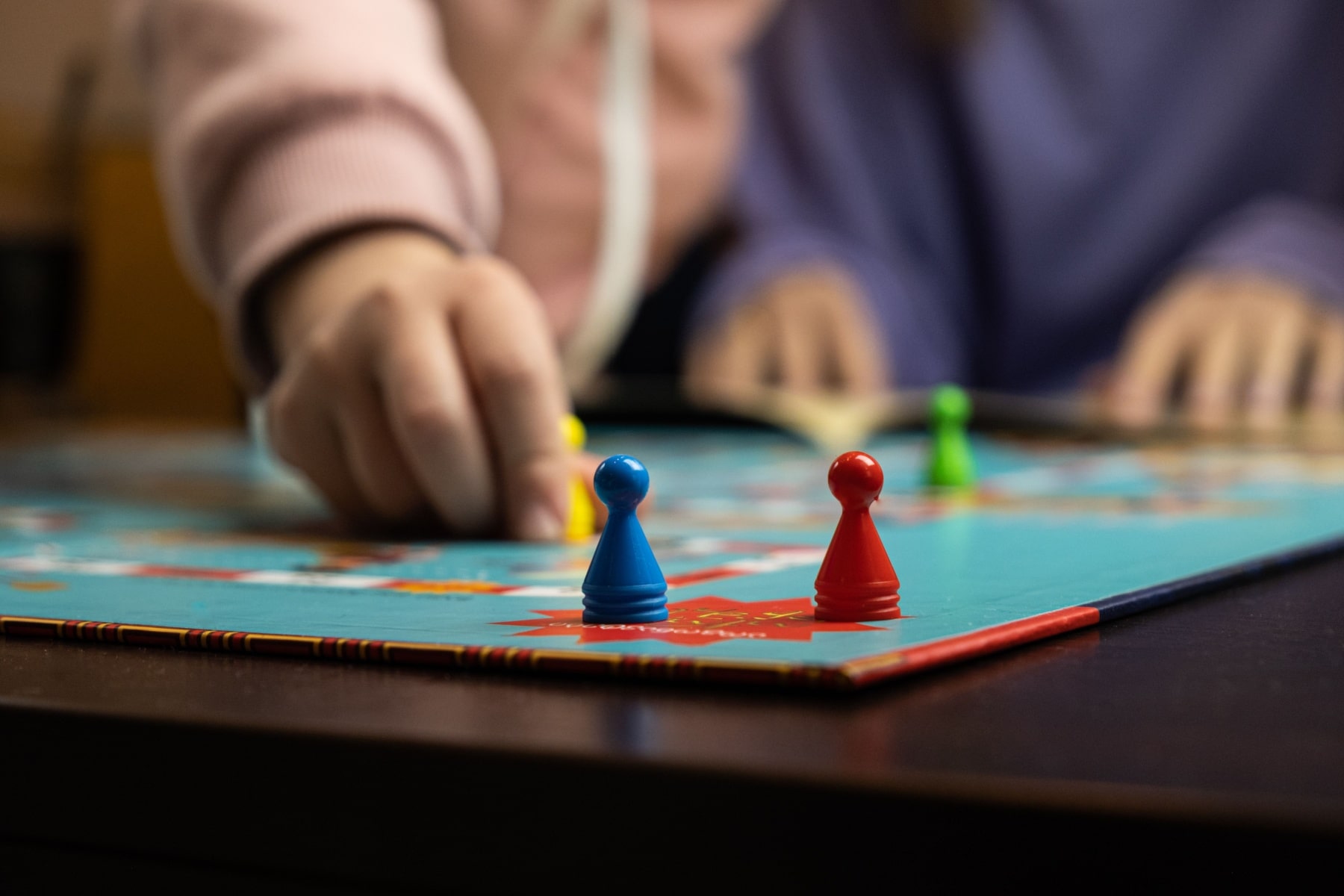I loved the idea of playing board games as a family but soon realised that the competitive games were not working well for the relationship between my girls. When my eldest was young, as parents we played in a way that meant she often won, but as she grew and her younger sister joined us, she didn’t want us to let anyone win, and yet my littlest is still under 7, an age when losing is really hard.
The saviour was collaborative board games! We could all play together, working as a team, building strategies, and there is never one winner and lots of losers. We either all triumph together, or we don’t manage to win but as a team that doesn’t feel difficult for my girls.
Not only did these board games take away the difficulty of losing they brought in so many positives:
1. Family Bonding:
Cooperative games are excellent for building strong family bonds. Playing together as a team helps family members communicate effectively, share ideas, and combine their strengths to overcome challenges. This creates a sense of unity and shared achievement.
2. Inclusive Fun:
In competitive games, there’s often one winner and several losers, which can sometimes lead to frustration or disappointment, especially for younger children. Collaborative games, on the other hand, allow everyone to share in the victory or defeat, making the experience more enjoyable for all participants.
3. Educational Benefits:
These games often incorporate problem-solving, critical thinking, and even educational themes. They can teach children about history, science, strategy, and cooperation while they play, making learning fun and interactive.
4. Positive Conflict Resolution:
Playing cooperative games can help children develop important social skills, such as negotiating, compromising, and resolving conflicts in a positive way. These skills are valuable in everyday life and can help strengthen family relationships.
Here are a few of our favourites to get you started:
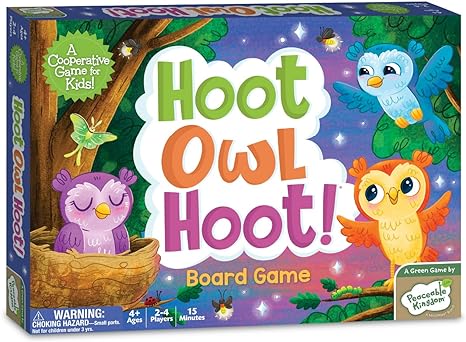
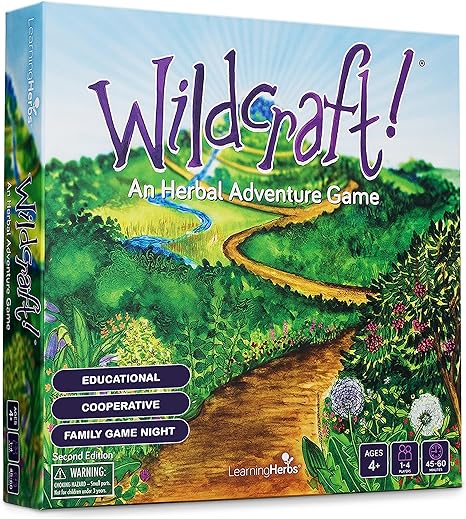
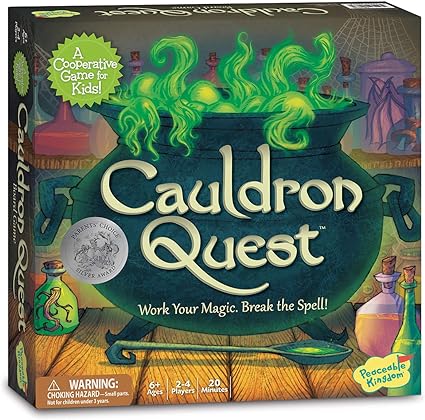
I wish you all many hours of fun with these. Remember to stay positive whilst playing, even when things aren’t going well. Celebrate together: whether you win or lose you can celebrate the effort and time spent together. You can also discuss what strategies worked, what didn’t, and how you can improve in the future. This reinforces that teamwork vibe and brings in the mindset of continuous improvement.


